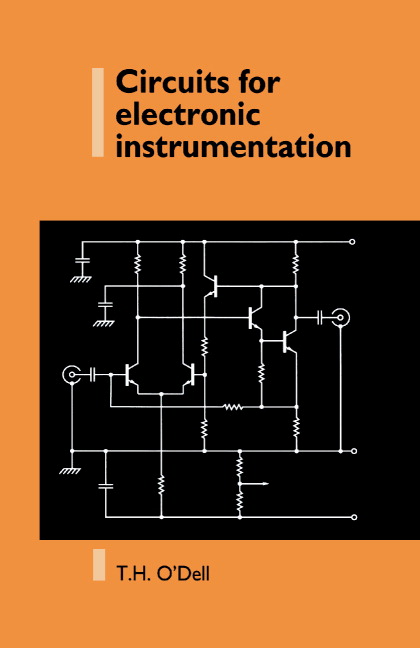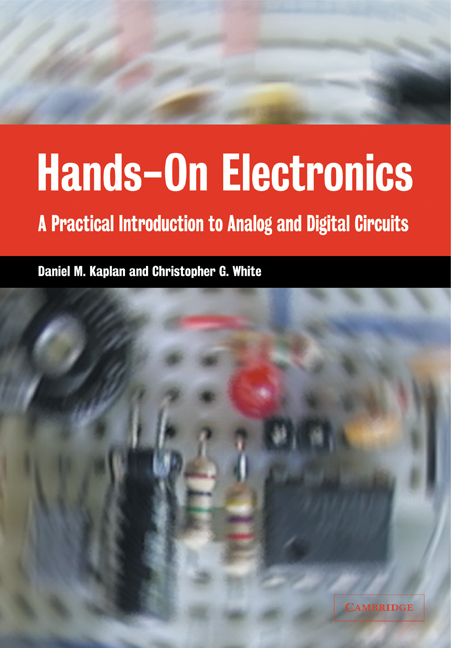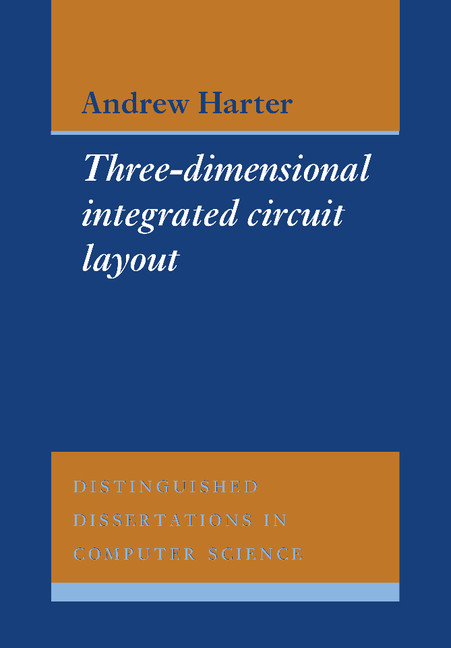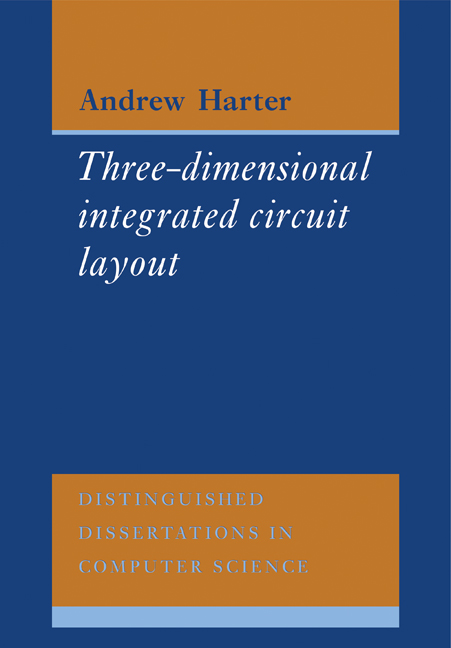Practical Interfacing in the Laboratory
This text describes in practical terms how to use a desk-top computer to monitor and control laboratory experiments. The author clearly explains how to design electronic circuits and write computer programs to sense, analyse and display real-world quantities, including displacement, temperature, force, sound, light, and biomedical potentials. The book includes numerous laboratory exercises and appendices that provide practical information on microcomputer architecture and interfacing, including complete circuit diagrams and component lists. Topics include analog amplification and signal processing, digital-to-analog and analog-to-digital conversion, electronic sensors and actuators, digital and analog interfacing circuits, and programming. Only a very basic knowledge of electronics is assumed, making it ideal for college-level laboratory courses and for practising engineers and scientists.
- Everything you need to know about using a PC to monitor and control laboratory experiments
- Full of practical circuit designs and C-code examples
- Ideal for students and practising scientists
Reviews & endorsements
"...a useful work of reference...having copies in both the library and the laboratory is highly recommended." IEE Review
"... ideal for college-level laboratory courses and for practicing engineers and scientists." Chemical Engineering Progress
"...this is a good text and worth consideration for anyone teaching a course in interfacing or experimentation." Physics Today
Product details
December 2004Adobe eBook Reader
9780511058707
0 pages
0kg
370 b/w illus. 54 tables
This ISBN is for an eBook version which is distributed on our behalf by a third party.
Table of Contents
- Preface
- 1. Digital tools
- 2. Analog tools
- 3. Analog-digital conversion and sampling
- 4. Sensors and actuators
- 5. Data analysis and control
- Appendix A. Grounding and shielding
- Appendix B. Experimental uncertainties
- Appendix C. C programming hints
- Appendix D. Numerical methods and C functions
- Appendix E. Summary of data translation DT3010 PCI plug-in board
- Appendix F. Using the digital oscilloscope to record waveforms
- Appendix G. Electrical hazards and safety
- Appendix H. Standard resistor and capacitor values
- Appendix I. Ascii character codes
- Appendix J. Glossary
- Index.






